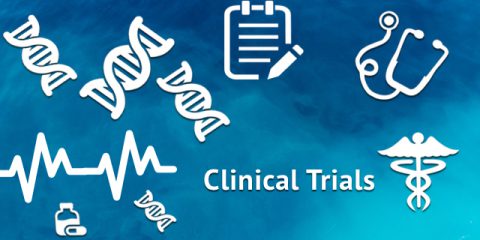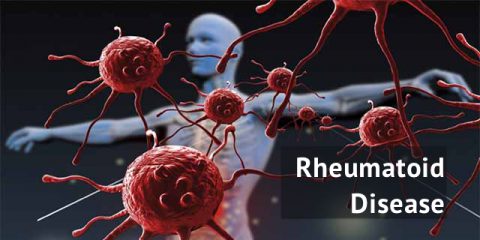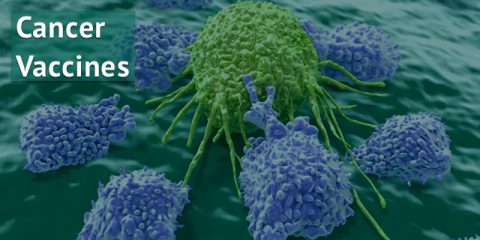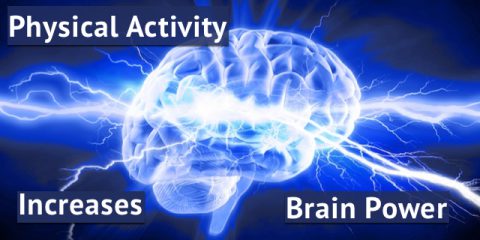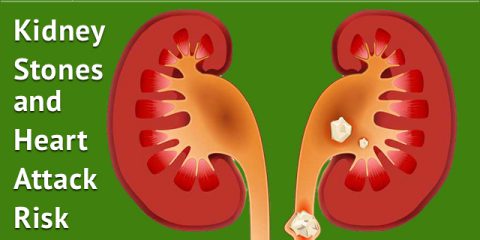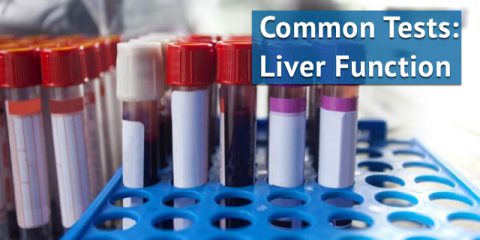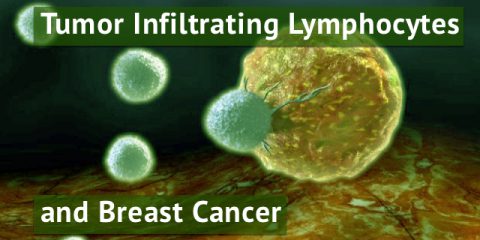What does “Best If Used By…” really mean? Today we’re sharing an infographic created by the Cleveland Clinic that explains what these expiration date...
Read MoreClinical Trials Today
Prior to the 20th century, most people lived about 47 years in the developed world because of infectious diseases. In 1940, the first use of penicillin to treat infectious diseases occurred and penicillin became available in 1945 to the general public. Science and research conducted throughout the 1950s, 60s, and 70s, created more antibiotics so that life...
Read MoreStaying Up-To-Date on Rheumatoid Disease
When we posted, “What’s in a name? Rheumatoid Arthritis versus Rheumatoid Disease,”we featured Kelly Young, a mom on a crusade to change thinking about an autoimmune disease that attacks the connective tissue of joints and systemically attacks the organs of the body – rheumatoid disease. Rheumatoid disease (also known as rheumatoid...
Read MoreCancer Vaccines
When I think of vaccines, I think of the MMRV (measles, mumps, rubella and varicella) vaccines which help our bodies establish immunity against diseases that used to kill. Now, there are vaccines being created for cancer. The rise of cancer vaccines According to Dr. Nora Disis, an oncologist and researcher in cancer vaccines at the University of...
Read MoreGoing through IVF
The timetable around finding Mr. or Mrs. Right isn’t the same for everyone. My sister-in-law (who I will call S___ throughout this post) and her husband (H___) found each other when they were 41 and 49 respectively and didn’t marry until they were 44 and 52. They wanted children and tried for almost a year to do so but without success. S____...
Read MoreEven A Small Amount Of Physical Activity Helps Your Brain!
A small randomized controlled trial, with 60 participants, adds to the evidence that physical activity, even in small amounts, is good for you. In this study, just published in The International Journal of Clinical Practice, participants were 70 years old and sedentary. Half the participants did an interval aerobic program for 30-minutes, twice a week,...
Read MoreThe Side Effects of Stigma
With knives or branding irons, ancient Greeks would mark criminals or traitors to indicate that they should be shunned and not welcomed in society. The Greeks called that mark a stigma. Today, to stigmatize a person is to classify them by a negative attribute and devalue them on that basis alone. Stigmatizing is a cross-cultural and cross-species...
Read MoreKidney Stones and the Risk of Heart Attack and Stroke
As I laid on the emergency room’s hospital bed, a volunteer said, “I’ve had seven children and kidney stones. I’d take labor pains over kidney stone pain anytime.” Although I’m not sure I completely agree, I do know that pain from kidney stone, called renal colic, can be excruciating. Over half a million people in the US...
Read MoreVegetarian Diet Great for Type 2 Diabetes
Critical benefits may be had from eating a vegetarian diet for people living with type 2 diabetes, a recent meta-analysis of randomized control trials* indicates. Published in Clinical Nutrition, the meta-analysis of nine studies involved over 600 participants taking insulin, oral glucose lowering drugs, lipid-lowering medications or medications to...
Read MoreCommon Tests: Liver Function
The largest solid organ in the body, the liver has at least 500 distinct functions. [See 5 Facts You Probably Didn’t Know About Your Liver] It produces bile to break down fats in the small intestine, stores glucose in the form of glycogen, processes hemoglobin and manufactures proteins and enzymes. There are several liver tests conducted to assess...
Read MoreI Keep Getting Up At Night To Go to the Bathroom: Nocturia and Nocturnal Polyuria
By Professor Steven Kaplan, MD “I never get a full night’s sleep…I’ve got to get up two or three times a night.” “As soon as I lie down, I feel like I need to GO!” “When it was just once a night, I could handle it. Now it’s once every hour!” If any of these statements describe your experience,...
Read MoreIn the News: Tumor Infiltrating Lymphocytes and Breast Cancer
This past week a big announcement came from the National Institutes of Health. Dr. Steven Rosenberg, the leading authority on immunotherapy, a treatment he pioneered that uses a person’s own immune cells to fight cancer, told the world about Judy Perkins. In 2003 at age 38, Judy was diagnosed with stage 0 breast cancer. “At the time I was...
Read More

